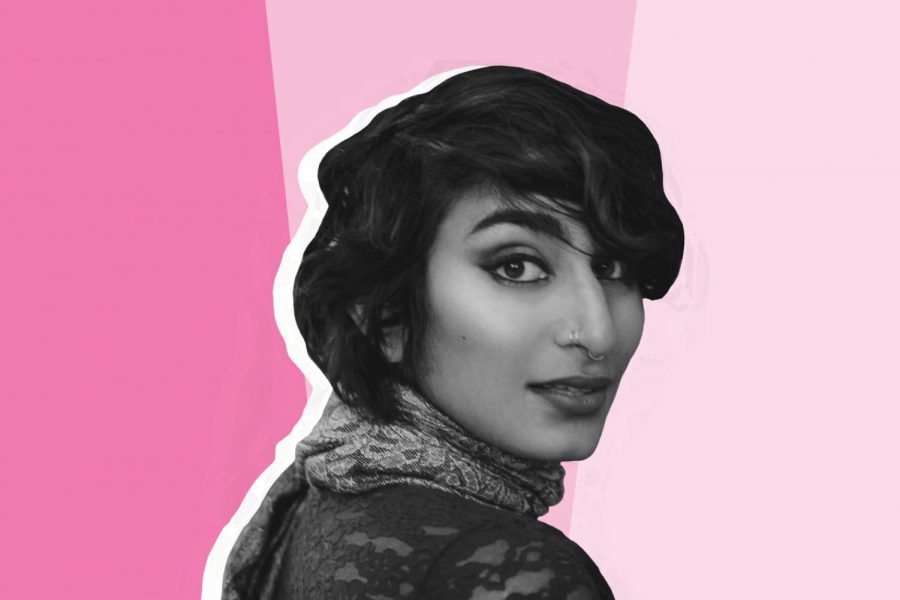Fatimah Asghar urges audience to speak out against injustices in poetry reading, Q&A
Fatimah Asghar. The writer, performer and educator released her debut book of poems, “If They Come For Us,” in 2018.
November 6, 2020
Writer and educator Fatimah Asghar spoke about partition, the political climate in the United States and her creative process in a Thursday poetry reading and Q&A co-hosted by Rainbow Alliance and Bookends & Beginnings via Zoom.
Asghar’s reading featured works from her debut poetry book, “If They Come For Us.” Asghar said she took her time reworking the collection until she felt it captured all the different themes central to her experience as a South Asian, Muslim American and queer woman grappling with her family’s history with partition.
Asghar addresses many topics relating to identity in her poetry, including sexuality and multiculturalism. Asghar is also the co-creator of “Brown Girls,” an Emmy-nominated web series about two young women of color.
Multicultural Student Affairs Assistant Director Matt Abtahi, the Q&A moderator, said he was struck by how vivid he found Asghar’s work.
“(Asghar) so eloquently ties in pieces of her culture and pieces of her faith and pieces of her family and pieces of her history in the ways in which she is coming to know and articulate herself,” Abtahi said. “It reminds me and encourages me of my own personal practice and the ways in which I hold community for others.”
Asghar briefly spoke about the current global social climate, which she said includes a rise in facism and the police state in the U.S. and a rise in Islamophobia across South Asia. She emphasized the importance of speaking against these injustices.
Asghar also spoke about the Partition of India of 1947, which is a central subject of many of her poems. She said there is little dialogue about the partition, which can be harmful.
“When people engage with us, they aren’t thinking about our full history, and I think that’s a type of violence,” Asghar said.
Dori Carter, Rainbow Alliance external president, said the event was originally scheduled to be in-person this spring, but Rainbow Alliance rescheduled for this fall due to the pandemic.
Carter said she was especially happy to see attendees use the chat function to share that Asghar’s stories resonated with them. She also said she was personally inspired to hear from a South Asian poet.
“I want more artists and creators of color and queer creators of color, like me, to be the people that I think of when I think about queer art (and) when I think about poetry in general,” Carter said.
In the Q&A, Asghar spoke about the importance of building a supportive community in order to uplift queer artists and artists of color.
“What I really hope for in our collective longevity is to really be able to make art on our own terms,” Asghar said. “The advice I would give to younger people of color coming up is to really invest in each other… and to really have that trust in each other.”
Email: waverlylong2023@u.northwestern.edu
Twitter: @waverly_long
Related Stories:
— FMO to host activist Angela Davis at this year’s State of the Black Union



